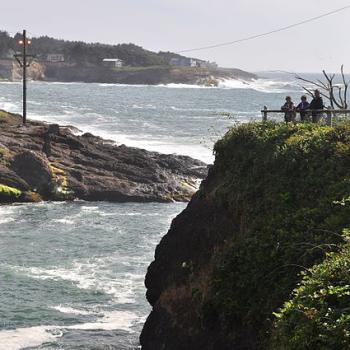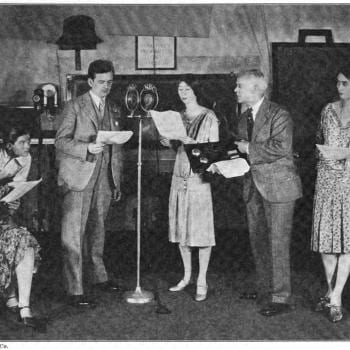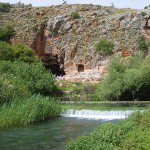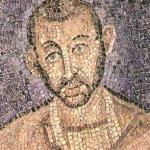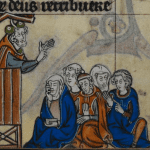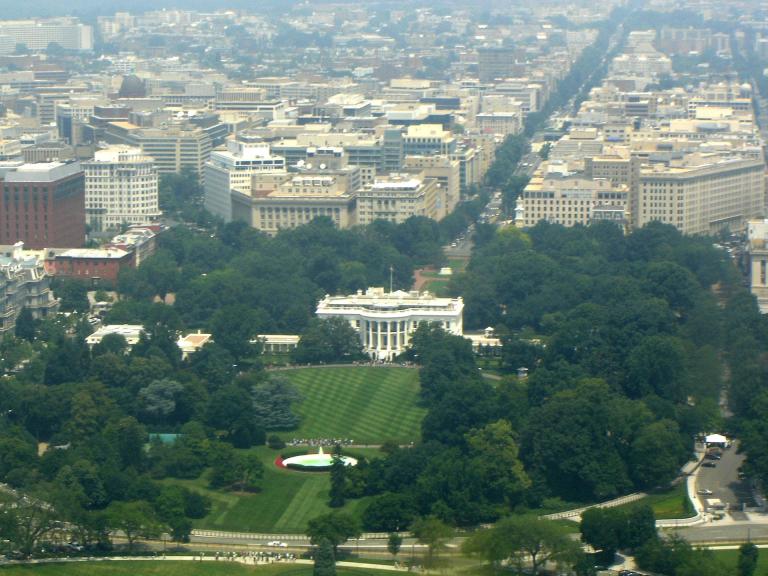
(Wikimedia Commons public domain image)
This will seem to some to be a political post and, thus, a violation of my contention that I no longer publish my political opinions. But it’s not. Please note that I endorse no presidential candidate here, and that I take no stance whatever on the question of whether Mr. Donald J. Trump is a threat to the Constitution of the United States and to our democratic republic or whether, instead, he is God’s personally-anointed choice to lead America back to greatness.
I will say, however, that I think it highly likely, as of today, that Mr. Trump will be returning to the White House in January 2025. (Of course, things might be very different if Joe Biden were still alive.) But that’s merely a statement of probable fact, not an endorsement.
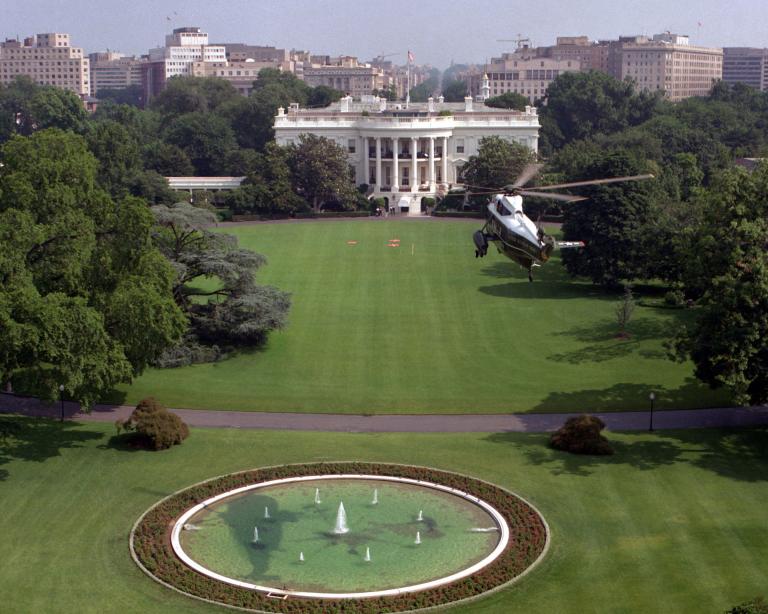
Back on American Independence Day, I called attention, as follows, to a recently-published article:
I also want to share here another Deseret News article from the invaluable Jacob Hess. Not infrequently, I encounter comments from politically-left-leaning secular critics of the Church of Jesus Christ of Latter-day Saints in which they claim, or insinuate, that American members of the Church are uniquely faithful to Mr. Donald Trump because aspects of the doctrine or practices or attitudes associated with the Restoration make them Trumpists by nature. It turns out, though, that the data seem clearly to indicate that American Latter-day Saints are not uniquely devoted to Mr. Trump. Indeed, quite the contrary: As a matter of fact, given their predominantly conservative and Republican proclivities, they appear to be uniquely resistant to Mr. Trump: “‘I just can’t bring myself to support either candidate’: Why so many American Latter-day Saints feel politically homeless: More than ever, people of faith are heading into the U.S. election without any major candidate they can support in good conscience. A deeper dive on why Latter-day Saints seem especially inclined to resist the two major options”
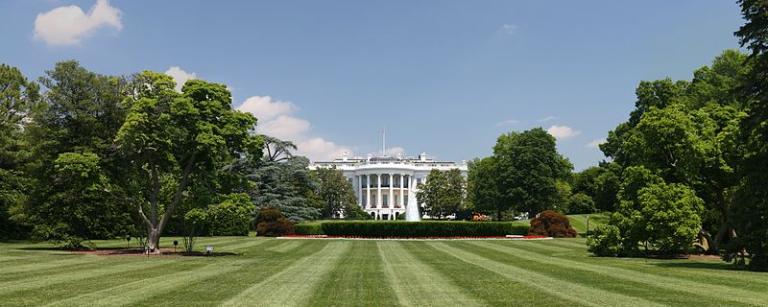
Rather predictably, a poster at a rather predictable place accused Dr. Hess of having misrepresented the data. In fact, he accused Dr. Hess — and, entirely predictably, for the act of having linked to Dr. Hess’s article, he accused me — of having deliberately lied. (To be precise, of “lying for the Lord,” as we Latter-day Saints are, it seems, trained to do.) Dr. Hess has now responded at that same rather predictable place:
Hello – a friend let me know some question had been raised here about the accuracy of my representation of the AEI data. I took the chance to reach out to survey director Dan Cox, to make sure my reporting was faithfully representing their findings – and to ask if there was a better link to embed in my article. Here was his response:
“Those figures are accurate… I don’t see any problems with what you wrote. Unfortunately, there is no link I can provide where we break out the poll results for LDS respondents. This is fairly typical. We can’t publish results for every demographic group.”
You’ll notice my report focused on numbers of people expressing hesitancy towards both candidates. You’ve pointed out it’s surprising how many members of the Church are representing the former president – which is fair, but not contradictory to what I raise.
There are two (honest) questions I’d raise in response to your suggestion that “one should never trust an apologist to accurately represent a source.”
(1) Could a more parsimonious explanation be that two people could look at different data sources and honesty come to different conclusions? (versus presuming that anyone who holds a particular view is “lying”)
(2) Given that you appear to hold that view towards me (and others), I wonder what has led to this position – hurt, pain, misunderstanding – and how you think that pain can heal between someone like you and someone like me? That’s something I think about a lot – and would welcome your thoughts.
I’d be open to talking about this further, if you want to reach out to my email, jhess@deseretnews.com. I won’t be coming back to this site to see a response – but wanted to share this clarification. I don’t personally consider this a place where a conversation about faith is taking place that is truly open to all perspectives, including one that attests to the gospel’s truthfulness.
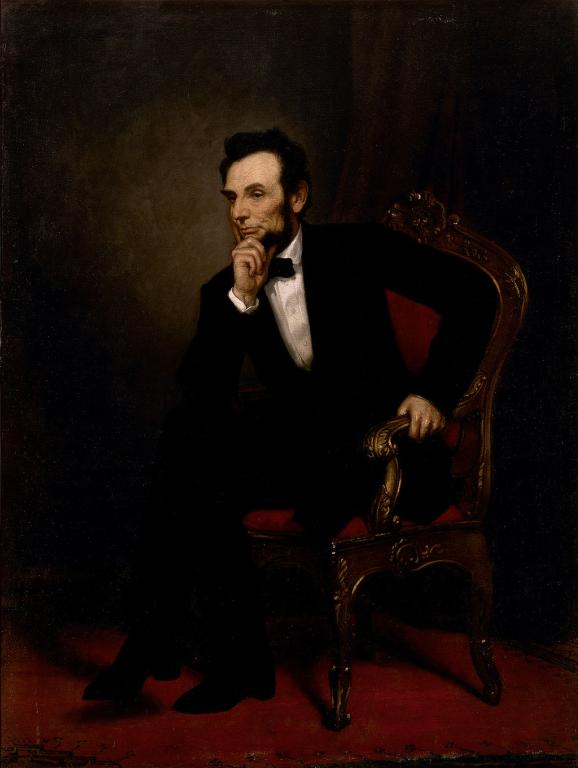
(Wikimedia Commons public domain image)
But Dr. Hess and I aren’t the only people who pretend to have noticed a certain degree of Latter-day Saint resistance to Mr. Trump. In this context, I’ll leave completely unmentioned the striking opposition to Mr. Trump of such life-long Republican and conservative stalwarts as Senator Mitt Romney (UT); former Senator Jeff Flake (AZ); the former Speaker of the Arizona House of Representatives, Rusty Bowers; retired federal judge Tom Griffith, of the United States Court of Appeals for the D. C. Circuit; former Utah Governor Gary Herbert; current Utah Governor Spencer Cox; and former independent presidential candidate Evan McMullen. Their opposition is striking but, in a sense, merely anecdotal. No, instead I’ll point to the concurring voices of several other liars who claim to have observed much the same thing:
Financial Review (2021): “The church that turned from Trump: In the past few years, Mormons have become a subject of fascination for their surprising resistance to Trumpism.”
American Enterprise Institute, Survey Center on American Life (2023): “Trump’s Problem with Mormon Voters is Getting Worse”
Deseret News (2023): “Will Trump have a Latter-day Saint voter problem yet again? New polls show Trump struggling with Latter-day Saints, Utahns”
KJZZ (2024): “Over half of Mormons have negative views of Trump. They could be an important Arizona swing vote”
Manifestly, all of these people are lying because they are under my malignant influence. And it’s not only writers and journalists but, astoundingly, the citizens of Utah who are lying. Examine the voting percentages in Utah presidential elections in 2000, 2004, 2008, 2012, 2016, and 2020. Pay particular attention to the percentage of Republican votes during those last two elections, when Mr. Donald J. Trump was the Republican presidential candidate. Examine the Utah caucus results for 2016, when Mr. Trump was on the ballot along with Ted Cruz and John Kasich. Question: Would Mr. Trump have won the 2016 Republican nomination had all states voted the same way that Utah did? Obviously, Utah voters were lying!
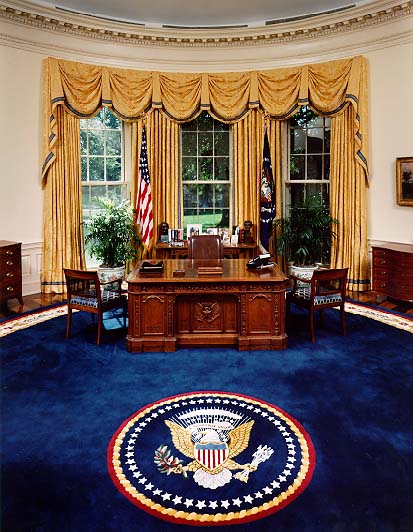
However, my notorious personal depravity is of comparatively small significance, globally speaking. There are, after all, perhaps two or three dozen people on the planet who are arguably even worse than I am. And here’s something to make you shiver in your boots on even the hottest day. It comes — need one even ask? — from the Christopher Hitchens Memorial “How Religion Poisons Everything” File™: “Churches offer relief in the wake of Hurricane Beryl: Faith leaders provide emergency response in the Caribbean and Texas in the wake of the hurricane”




